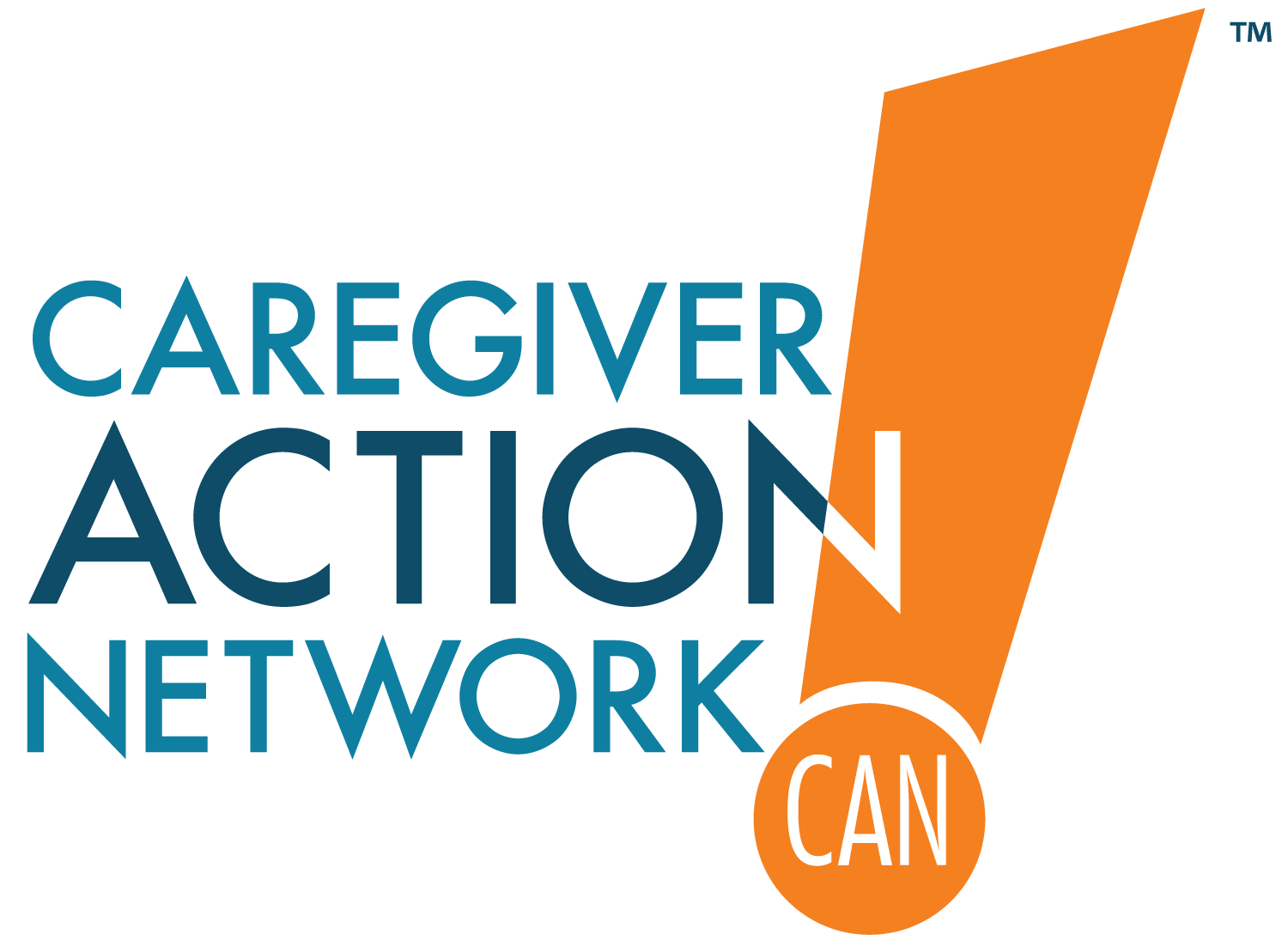Many caregivers for a loved one with leukemia report moderate-to-high levels of anxiety and a significant rate of depressive symptoms.
According to the American Psychological Association, 42% of leukemia caregivers have shown signs of depression. Anxiety is often associated with the uncertainty of treatment outcomes and fear of recurrence, while depression can stem from persistent sadness, feelings of helplessness, and emotional depletion.

You may experience symptoms of PTSD from the trauma of dealing with a loved one's severe illness, especially during intensive treatments like chemotherapy or stem cell transplantation. Emotionally, you may grapple with feelings of helplessness, grief, and frustration, particularly when witnessing the suffering of your loved ones.
The unrelenting demands of caregiving can also lead to burnout, characterized by emotional exhaustion, fatigue, irritability, and sleep disturbances. You may also experience compassion fatigue, becoming emotionally detached or desensitized to your loved one's suffering.
A diagnosis of leukemia disrupts family dynamics and social interactions, which may cause you to feel isolated and lonely. You may hide your feelings to protect the patient or because you fear others won't understand, which can further increase your isolation.
Collectively, these challenges not only affect your well-being, but may also have indirect implications for the loved ones you support.
